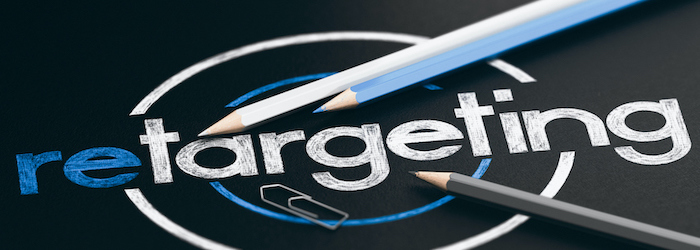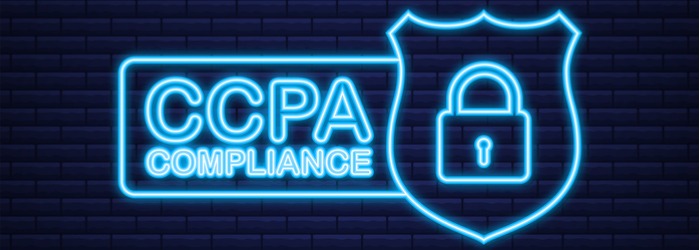One of the best ways to improve the performance of your Google Ad campaigns is to make your landing pages more relevant to your target audience. Adding properly formatted content to support your keywords and ads improves the Quality Score that Google assigns to your landing page. Improved scores starts a virtuous cycle. Google serves your ads more often, resulting in more clicks and eventually a higher Quality Score due to increased traffic. This process does takes time, but there are a couple of quick ways to improve your paid (and organic) search performance by updating a few on-page SEO elements:
- Properly format heading tags. These don’t directly effect ranking, but should does help SEO by reducing the bounce rate. Your landing page should have a H1 tag with subsequent h2 or h3 headers that support your Google Ad keywords and ad content.
- Update title tags to include a keyword. Since title tags are seen in search engine results before visitors get to your site, make sure the text entices potential visitors. Include a keyword and keep the length below 60 characters.
- Update meta descriptions with specific content and a call-to-action. As with title tags, these will be seen before your page is visited. Keep the character count below 160.
The above are not a substitute for developing content that improves the relevance and authority of your landing pages, but it can be a quick way to improve click-throughs. Cellerynt takes a wholistic approach to improving your landing page content to drive more traffic, both organically and through your Google Ad campaigns. Contact us to learn more about our SEO and Google Ad services.








